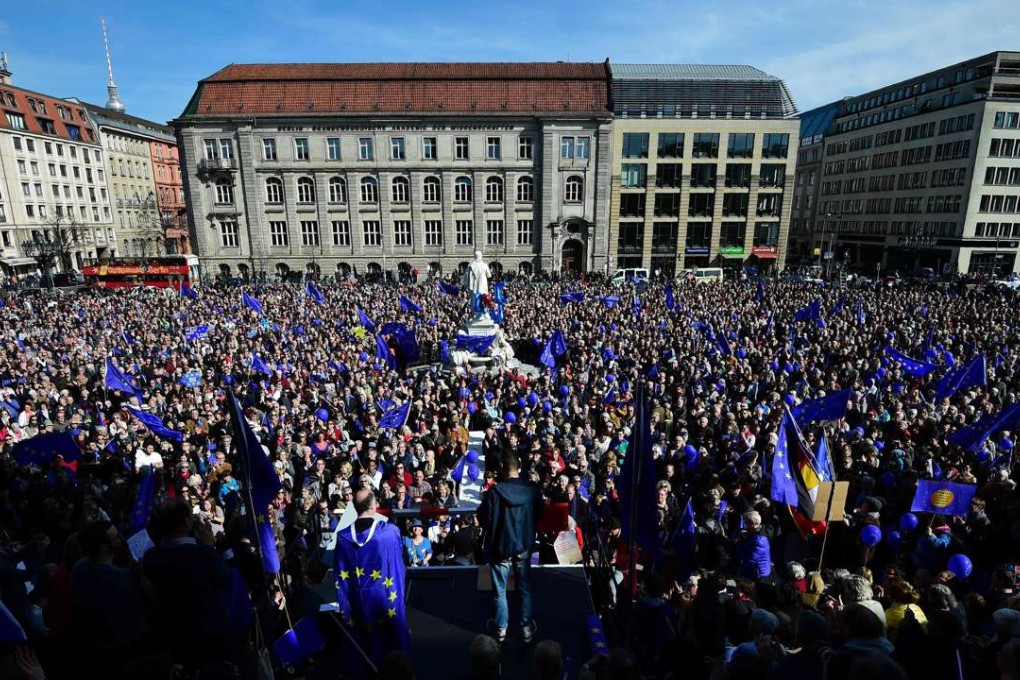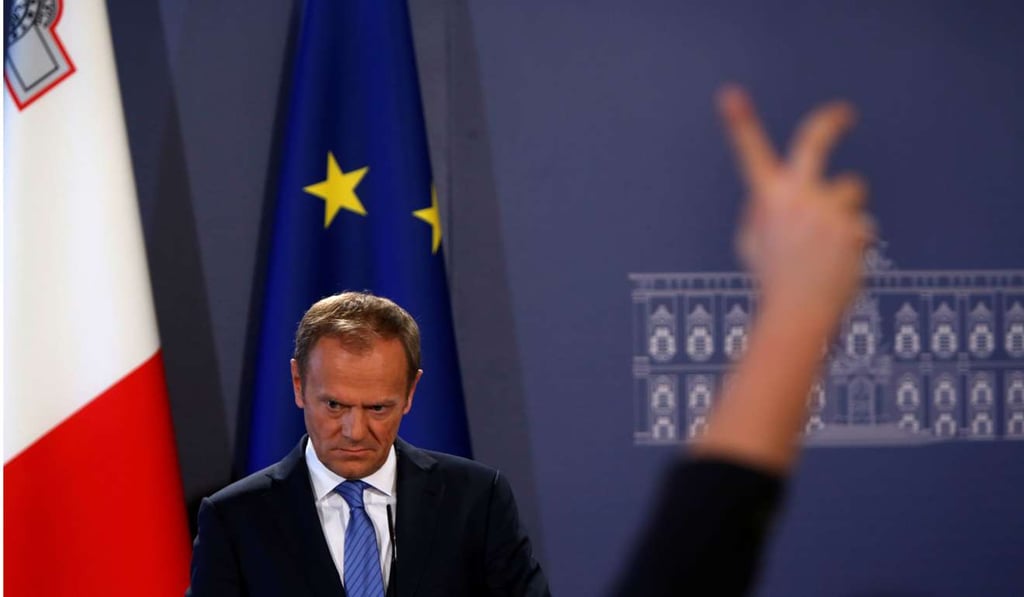Don’t call Brexit a divorce – it will be much, much worse
Niall Ferguson expects an acrimonious, protracted British withdrawal from the EU that will rival the schisms of the past

Until now, nearly all the debate on Brexit has focused on what it means for the UK. But I begin to think the real significance of Brexit may be what it means for the EU.
Brexit is a huge blow – for the UK, not the EU
“Schism” is in fact le mot juste for Brexit, recalling as it does the great division between Western and Eastern Christianity in 1054, as well as the period between 1378 and 1417 when there were rival popes in Rome and Avignon. The defining characteristic of schisms is that they are drawn-out and bitter – and the more arcane the points at issue (such as when Easter should be celebrated, or the precise wording of the Nicene Creed), the deeper the schism becomes. By comparison with a schism, even the most acrimonious divorce is amicable, because the points at issue are quite simple: custody of young children, shares of property.
Countdown to Brexit: how Britain’s divorce from Europe could play out

As Rome was to past schisms, so Brussels is to this one. It has the upper hand because it made the rules. Article 50 of the Lisbon treaty was drafted quite deliberately not merely to deter countries from leaving the EU but to make sure that if any tried to do so, the effect would be to discourage others. Observe how this works.
